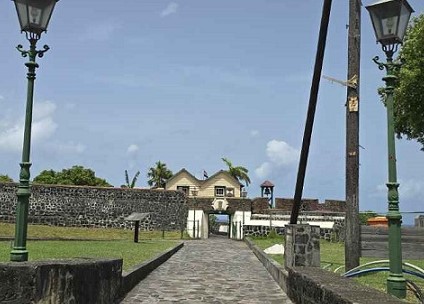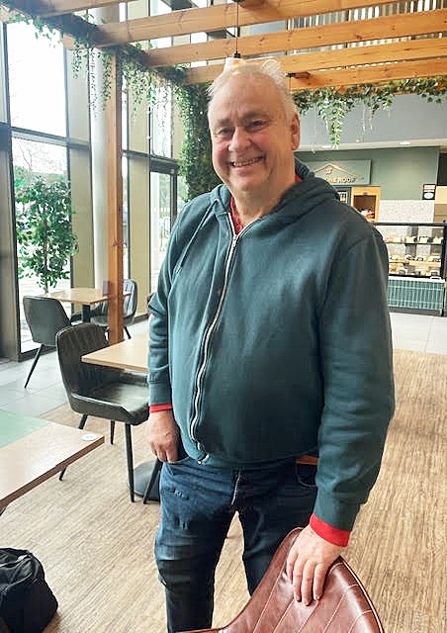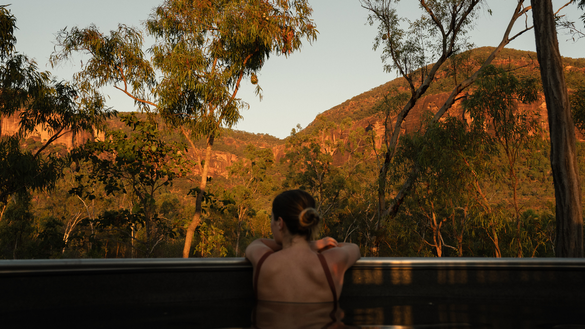If you want the literal northern experience, North Yukon is about as far as you can go. The stark beauty of the region is protected within five wilderness parks and largely encompasses the range of the Porcupine barren-ground caribou herd. In spring, thousands of caribou and migratory birds return to have their young, and by fall the land is ablaze with crimson, orange and gold. Home of the Gwich'in, Hän, Inuvialuit and Northern Tutchone peoples, North Yukon also boasts the only Canadian highway that crosses the Arctic Circle—the Dempster Highway.
Herschel Island – Qikiqtaruk Territorial Park
Journey into the Arctic with a visit to Herschel Island – Qikiqtaruk Territorial Park. Located off Yukon's north coast in the Beaufort Sea, Herschel is a lush Arctic Eden with carpets of wildflowers, lots of birds and wildlife, and a rich history.
Vuntut National Park
Vuntut offers opportunities for experienced backcountry enthusiasts, including canoeing the Old Crow River, mountain hiking, and winter ski trips. Travellers must be self- sufficient and able to handle emergencies on their own.
Ivvavik National Park
Canada's first national park established as a result of a land claims settlement, Ivvavik (a place for giving birth and raising young) National Park protects part of the calving grounds of the Porcupine caribou herd. Rafting the Firth River from the British Mountains out to the coastal tundra plains is one of the most popular activities in this region.
Old Crow
With a population of just 247, North Yukon's only community is the close-knit Vuntut Gwitchin village of Old Crow. This fly-in community has regularly scheduled air service and is located at the confluence of the Old Crow (Chyàh Njìk) and Porcupine (Ch'oodeenjìk) rivers. The First Nation continues to harvest caribou as a primary source of food.
















